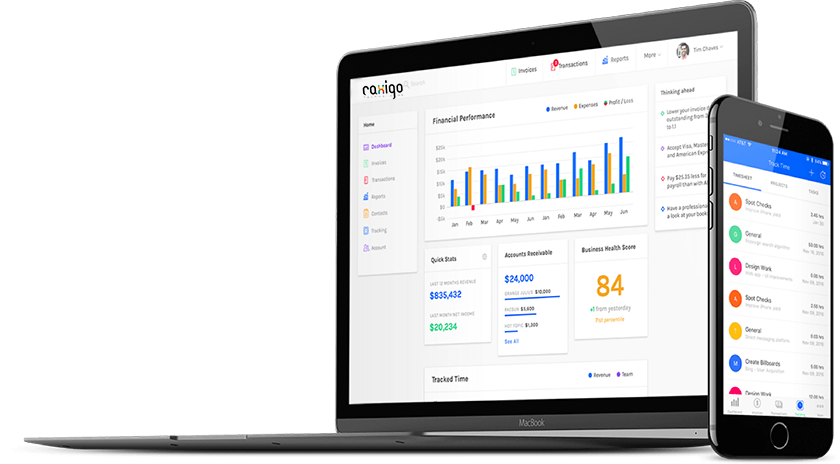

"AccountingAid" could be a potential title for an accounting software that provides assistance with various accounting tasks such as bookkeeping, tax preparation, financial reporting, and analysis. The name suggests that the software can help users navigate the complexities of accounting and make the process more manageable. It also implies that the software provides some level of support or guidance to users who may not have extensive accounting knowledge or experience.The term "Aid" in "AccountingAid" suggests that the software is designed to assist users with their accounting needs, particularly those who may not have a lot of experience or expertise in the field. The software could include features such as tutorials, help documentation, and user-friendly interfaces to make it easier for users to understand and use accounting concepts and tools. By offering this type of support and guidance, the software can help users manage their finances more effectively and efficiently, which can be particularly valuable for small businesses and individuals who are looking to improve their financial management practices.accounting software is designed to help users manage their financial data and transactions more effectively and efficiently. It typically includes features such as general ledger management, accounts payable and receivable management, bank reconciliation, financial reporting, and tax preparation. These tools can be especially useful for small businesses and individuals who may not have the resources to hire a dedicated accounting staff or outsource their accounting needs to a professional service provider. Accounting software can help users track their income and expenses, monitor their cash flow, and make informed financial decisions based on real-time data and insights. Overall, accounting software can be a valuable asset for anyone who needs to manage their finances, whether it's for personal or business purposes.
Managing finances is the process of monitoring, organizing, and controlling financial resources in order to achieve specific goals or objectives. This can include activities such as tracking income and expenses, creating budgets, managing investments, paying bills, and preparing tax returns. Effective financial management is important for individuals and businesses alike, as it can help ensure financial stability, maximize profits, and minimize financial risks.
Accounting software is one tool that can help users manage their finances more efficiently and accurately. By automating financial processes, accounting software can help reduce errors, save time, and provide valuable insights into financial performance. Additionally, many accounting software programs offer tools for creating budgets, generating financial reports, and managing accounts payable and receivable, which can be helpful for businesses of all sizes. Overall, accounting software can be a valuable asset for anyone looking to improve their financial management practices and achieve their financial goals.
Financial management is the process of planning, organizing, directing, and controlling the financial activities of an organization, with the goal of achieving financial objectives. Effective financial management involves a range of activities, including budgeting, forecasting, financial analysis, cash management, investment management, and risk management.
One of the key aspects of financial management is ensuring that an organization has enough financial resources to meet its current and future needs. This involves creating and implementing financial plans that take into account factors such as revenue, expenses, capital expenditures, and debt obligations. Financial managers must also monitor financial performance regularly and make adjustments as needed to ensure that the organization remains financially stable.
Another important aspect of financial management is risk management. Financial managers must identify potential risks to an organization's financial stability and develop strategies to mitigate those risks. This can involve investing in diverse financial instruments, such as stocks, bonds, and commodities, and developing contingency plans for potential financial emergencies.
Overall, effective financial management is essential for the success and longevity of any organization. By implementing sound financial management practices, organizations can achieve their financial objectives, minimize risk, and ensure long-term financial stability.
Long-term financial stability is the ability of an organization to maintain a healthy financial position over an extended period of time. It involves having sufficient financial resources to meet ongoing operational needs, as well as the ability to adapt to changes in the business environment.
One of the key factors in achieving long-term financial stability is maintaining a positive cash flow. This means ensuring that the organization is generating more cash inflows than outflows on a consistent basis. Positive cash flow is necessary to fund ongoing operations, invest in future growth, and pay off debt obligations.
Another important factor in achieving long-term financial stability is managing debt levels. While some debt can be beneficial for financing growth and capital investments, excessive debt can put an organization's financial stability at risk. Financial managers must balance the need for debt financing with the need to maintain a manageable debt load.
In addition, achieving long-term financial stability often requires making strategic investments in areas such as research and development, marketing, and talent development. These investments can help an organization maintain its competitive edge and position itself for long-term success.
Overall, achieving long-term financial stability requires careful planning, sound financial management practices, and the ability to adapt to changes in the business environment. By focusing on these areas, organizations can position themselves for sustained growth and profitability over the long term.